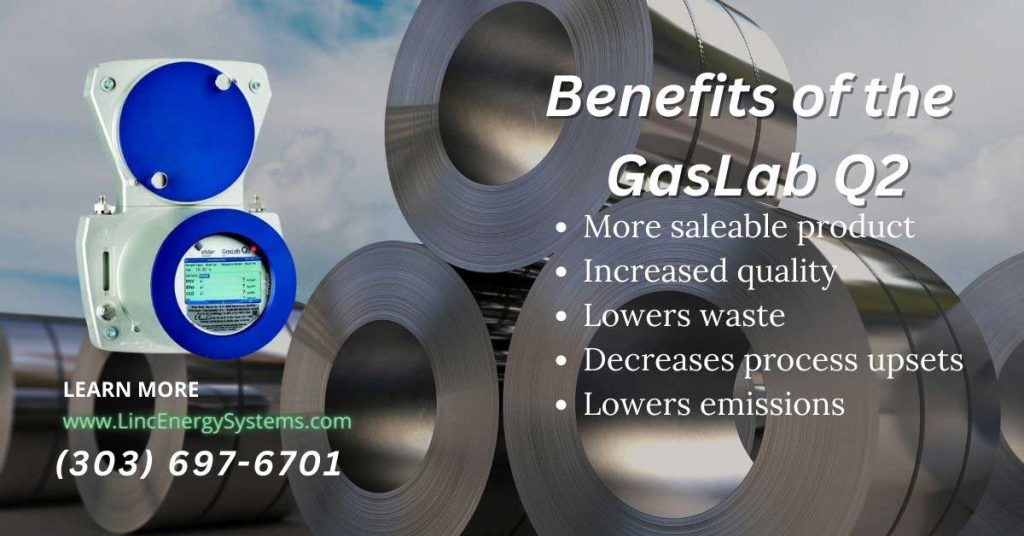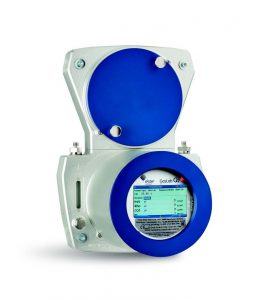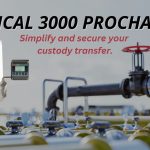Thermal Stability: GasLab Q2 Natural Gas Analyzer Improves Combustion Control
Why does feedforward combustion control matter in high-temperature manufacturing processes? Does any natural gas analyzer enhance thermal stability and improve feedforward combustion control? The GasLab Q2 is a real-time natural gas analyzer that outperforms calorimeters and chromatographs for feedforward combustion control and quality monitoring.
What is Feedforward Combustion Control?
Feedforward combustion control is a proactive method for optimizing combustion processes in high-temperature manufacturing. It anticipates changes in process conditions (such as fuel quality, temperature, or load) and adjusts the combustion system accordingly. It relies on real-time measurements and predictive algorithms to maintain stable and efficient combustion.
Why does it matter in High-Temperature Manufacturing?
High-temperature processes (e.g., glass melting, metal smelting) demand precise temperature control. Feedforward control ensures consistent heat output, minimizing product defects. Accurate fuel-to-air ratios reduce energy waste and enhance overall energy efficiency. Stable combustion prevents dangerous fluctuations, minimizing the risk of explosions or equipment damage. Optimal combustion reduces harmful emissions, meeting environmental regulations.
Feedforward combustion control enhances safety, efficiency, and product quality in high-temperature industrial settings.
Thermal Stability: A Challenge in High-Temperature Manufacturing
In most high-temperature manufacturing processes, thermal stability, the ability of a fluid to resist breaking down under heat stress, is critical to maximizing process yield, efficiency, and profitability. It ensures that gases or fluids maintain integrity and do not break down or degrade even at high temperatures.
Thermal stability is crucial for reliable combustion control and preventing issues like coking, fouling, or incomplete reactions.
The Problem
Thermal stability inside a furnace is directly related to the consistency of the natural gas fueling the burners.
Today, most natural gas comes from developing sources, such as shale and other tight formations, i.e., petroleum-bearing formations of relatively low porosity and permeability. These sources exhibit much more variability than traditional sources over the last 100 years. Consequently, rapid, continuous natural gas quality shifts in energy value (±10% BTU) are common in North America. Even regions with relatively stable gas quality may risk supply shifts, unexpected shutdowns, and operational changes in upstream gas processing facilities.
Most high-temperature manufacturing processes depend upon feedback control systems that may not maintain thermal stability when the natural gas’s calorific content and density vary sharply and consistently.
When feedback control systems face continually moving input variables, there is an increasing risk of losing thermal stability and control, resulting in more off-spec gas, increased pollution, and higher operational costs.
Ceramic tile, glass, metal, lime, cement, food, and other industries all have high-temperature manufacturing processes that can experience such adverse effects.
Introducing the GasLab Q2 Natural Gas Analyzer
The GasLab Q2 is a real-time natural gas quality analyzer.
Before reaching any combustion control system and burners, Honeywell’s Elster GasLab Q2 Gas Quality Analyzer determines natural gas fuel’s calorific value, density, and Wobbe index. The GasLab Q2 enables furnace operators to optimize fuel and airflow rates for the fuel gas reaching the furnace. The feedforward burner control system based on GasLab’s outputs can eliminate fuel-related process upsets while significantly improving thermal stability.
This compact, comprehensive natural gas analyzer continuously monitors the natural gas quality, updating its digital and analog outputs every second. The GasLab Q2 has a built-in, user-adjustable, speed-loop bypass and a quick response, providing accurate feedforward fuel quality signals to any combustion control system.
The GasLab Q2 meets the reliability and accuracy required by industrial consumers. Its operational performance is automatically validated using a simple calibration gas mixture of CO2 in methane with only annual maintenance.
Benefits of GasLab Q2 Natural Gas Analyzer
The GasLab Q2’s design and capabilities can simplify and lower a project’s installation and operational costs. The user can install the analyzer close to the fuel line, which shortens the sample transport delay time. The Q2 has an integrated display with touch capability that shows the measurement values and operating conditions. Operate the GasLab Q2 locally or remotely using a web browser connected to the device.
The user-friendly Elster GasLab Q2 provides fast, accurate, and reliable gas quality measurements for low capital investment and minimal ownership costs. It is ideal for manufacturing processes such as glass that benefit from improved thermal stability and combustion control.
Benefits of Feedforward Burner Control
In high-temperature manufacturing processes, such as glass, ceramics, metals, or batch-based kilns (not rotary), the following are the primary benefits of using the GasLab Q2 to improve temperature stability:
- A more saleable end product
- Increased product quality and lower waste
- Decreased process upsets that can damage furnaces and emit emissions
- Inexpensive to purchase, operate, and maintain
GasLab Analyzer vs. Calorimeters and Chromatographs
The GasLab provides a better solution over calorimeters and chromatographs for combustion control and natural gas quality monitoring.
Flame/combustion calorimeters provide a fast response speed but are expensive to purchase, run, and maintain. Some calorimeters only estimate Wobbe and excess fuel unless it is equipped with a costly densitometer to measure density, permitting a calorific value calculation.
Chromatographs are precise but blind most of the time. They provide a 3 to 5-minute-old ‘photograph’ of the injected gas sample’s quality, making the data outdated for process monitoring and control applications.
The GasLab Q2 offers a real solution for feedforward combustion control in glass, ceramics, metals, lime, cement, and food applications. It is also appropriate for fiscal billing and billing validation.
Real-Life Implications
Stable gas properties prevent unexpected reactions or breakdowns in manufacturing. For instance, a thermally stable catalyst ensures consistent product yield in chemical processes.
- Consider a petrochemical plant using a thermally stable natural gas feedstock. The stable gas properties lead to predictable combustion behavior, optimizing energy conversion and reducing waste, enhancing overall efficiency.
- In metal manufacturing, consider heat-treating steel alloys for aerospace components. Variations in gas composition can alter heat transfer rates, affecting hardness and strength. A thermally stable gas ensures precise temperature control, consistent material properties, and reduced scrap. Fewer rejected parts and optimized resource usage improve profitability.
Thermal stability directly impacts reliability, cost-effectiveness, and product quality!
Explore the GasLab Q2 further, request a quote, or learn more about its applications by calling (303) 697-6701 today.



